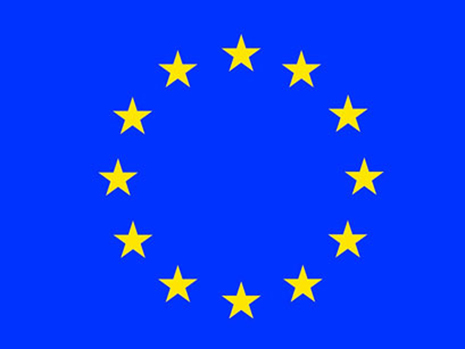She didn’t rule out the possibility of discussing during these consultations the issue related to Azerbaijanis taken hostage by Armenians.
During an operation in the Shaplar village of Azerbaijan’s occupied Kalbajar district on July 11, 2014 Armenian forces killed an Azerbaijani, Hasan Hasanov, and detained two other Azerbaijanis, Shahbaz Guliyev and Dilgam Asgarov. A criminal case was filed against them.
Earlier, “the court” sentenced Asgarov to life imprisonment and Guliyev - to 22 years in prison.
The conflict between the two South Caucasus countries began in 1988 when Armenia made territorial claims against Azerbaijan. As a result of the ensuing war, in 1992 Armenian armed forces occupied 20 percent of Azerbaijan, including the Nagorno-Karabakh region and seven surrounding districts.
The two countries signed a ceasefire agreement in 1994. The co-chairs of the OSCE Minsk Group, Russia, France and the US are currently holding peace negotiations.
Armenia has not yet implemented the UN Security Council`s four resolutions on the liberation of the Nagorno-Karabakh and the surrounding regions.
Commenting on the bilateral relations between Azerbaijan and Europe, Kocijancic said that the EU and Azerbaijan share a number of common interests – energy security is just one example.
“Our cooperation through Eastern Partnership is an important tool to work in partnership towards these shared interests,” she said. “The objective is to partner with Azerbaijan in supporting its own path to modernization, focusing on regional development, education and justice reform.”
Relations between Azerbaijan and EU are based on the Partnership and Cooperation Agreement signed in 1996 in Luxemburg and entered into force in 1999. The foreign ministers of EU countries issued a mandate to the European Commission in 2009 for starting negotiations on signing a bilateral agreement with Azerbaijan, Armenia and Georgia on association with EU. These agreements will be new practical tools to replace the bilateral action plans.
Azerbaijan is also included in the EU Eastern Partnership program adopted on the initiative of Poland and Sweden and approved at the EU summit in Brussels in 2008. The program`s aim is the rapprochement between the EU and Azerbaijan, Ukraine, Armenia, Moldova, Georgia and Belarus. It envisages a significant increase of the level of political interaction and large integration of former Soviet republics into the EU economy, increasing the volume of financial aid to them and strengthening energy security.
More about:
















































